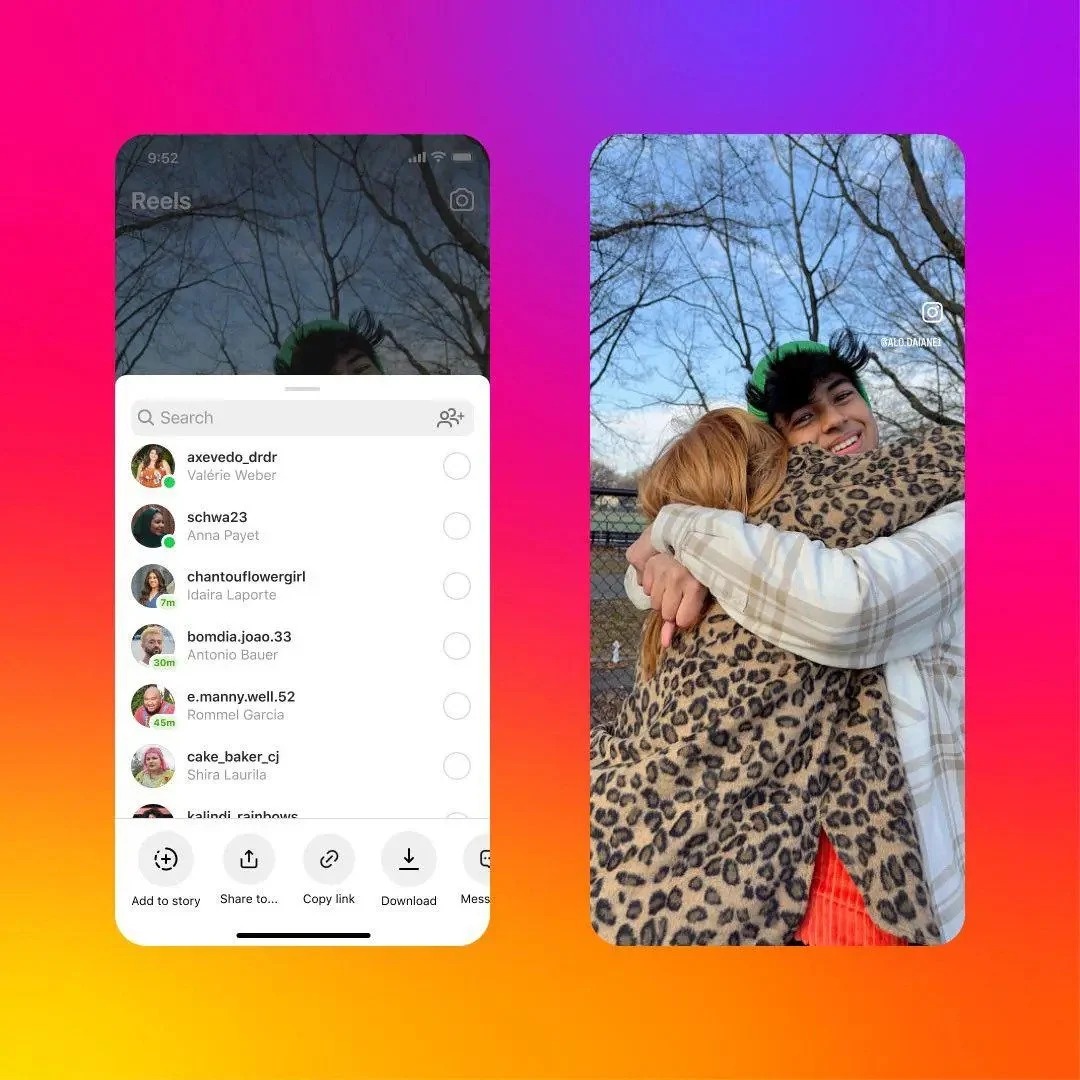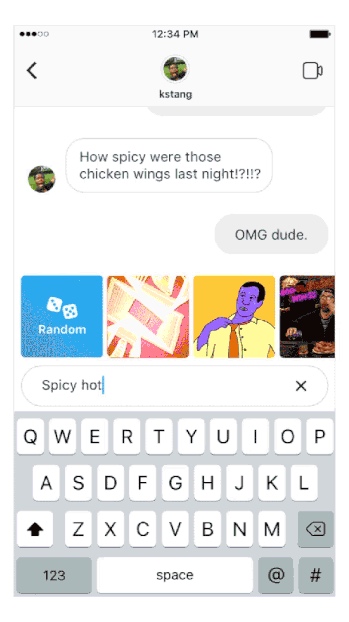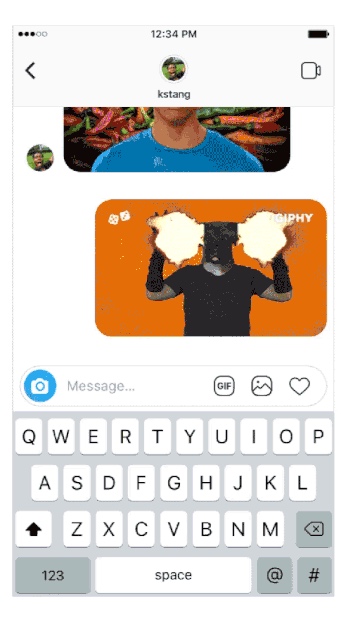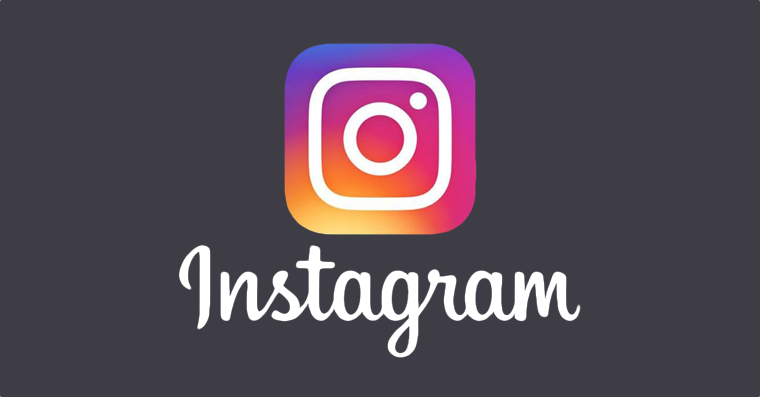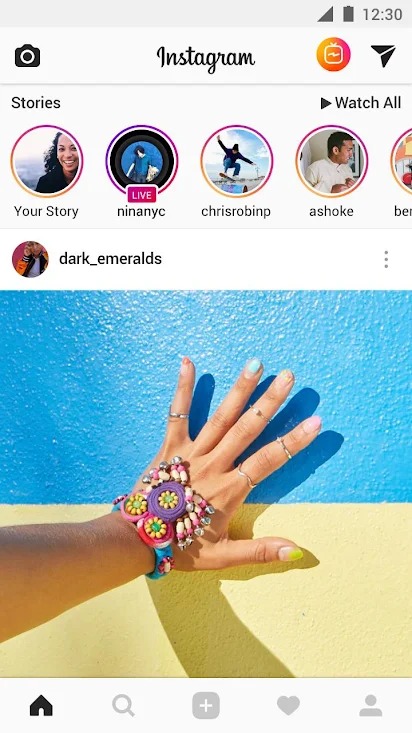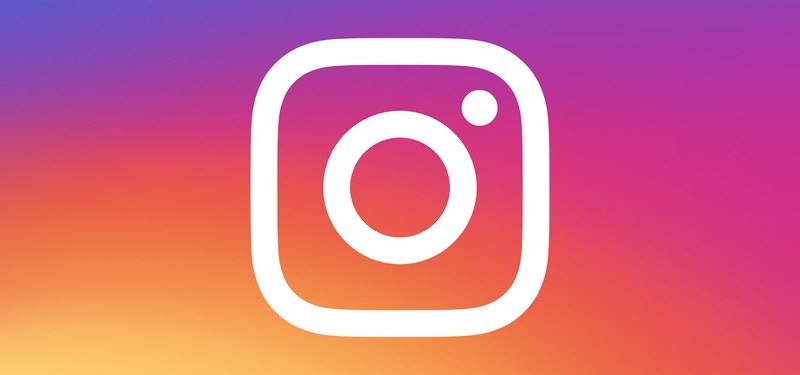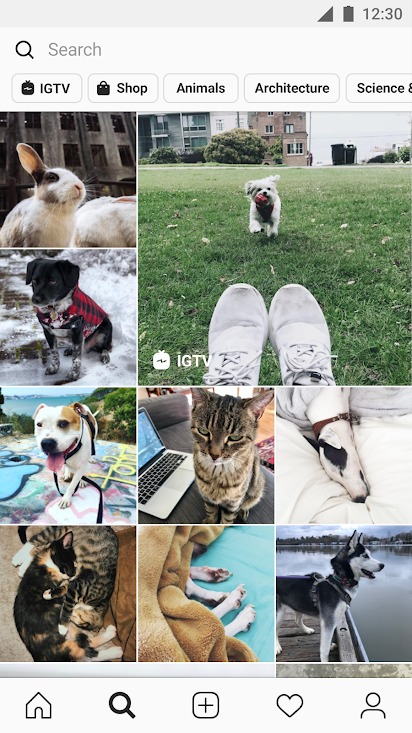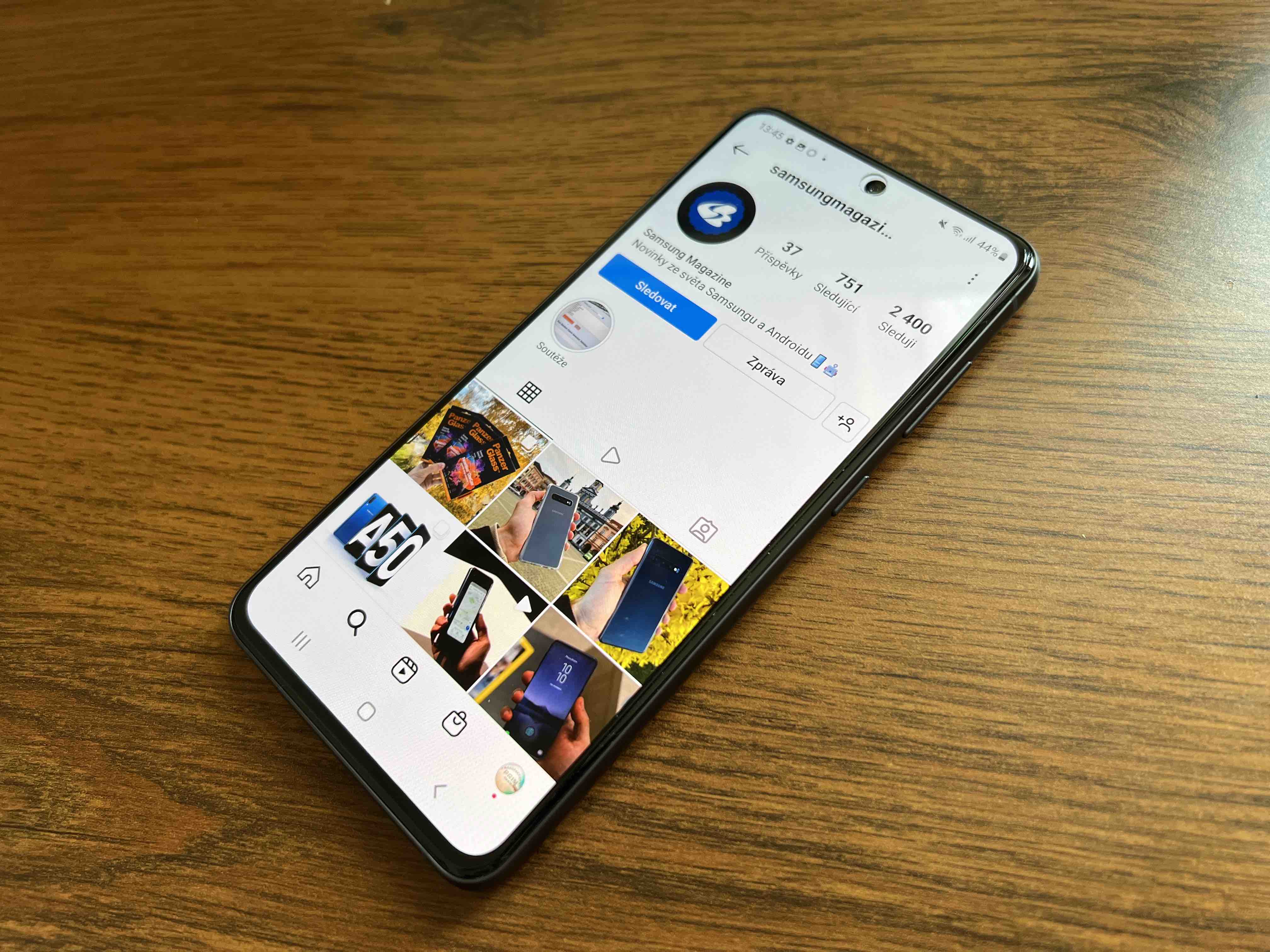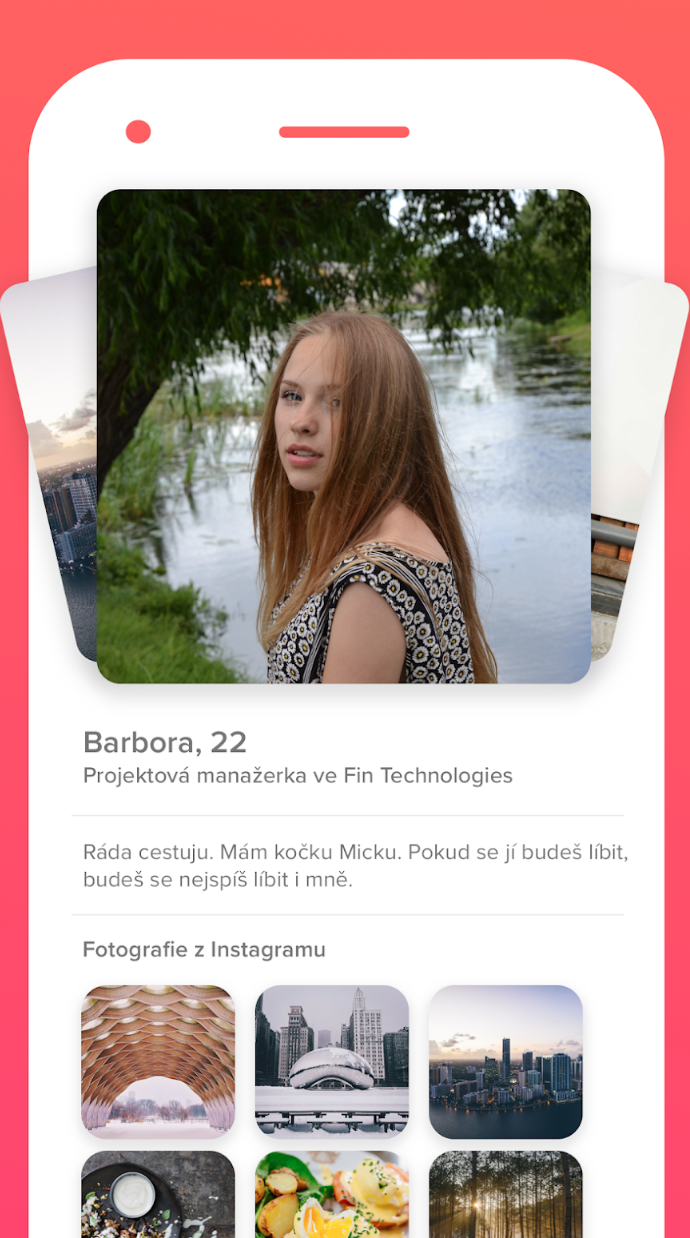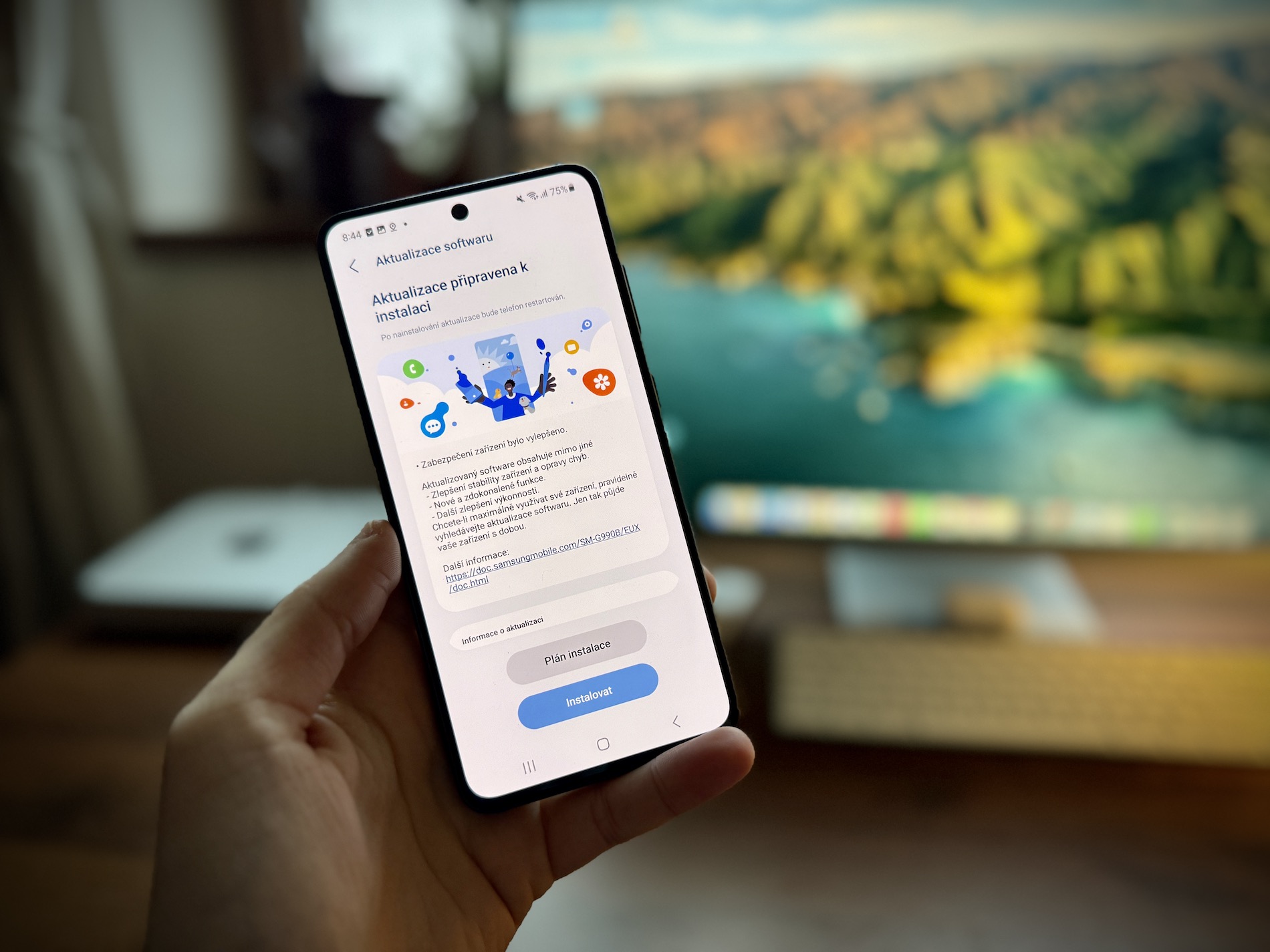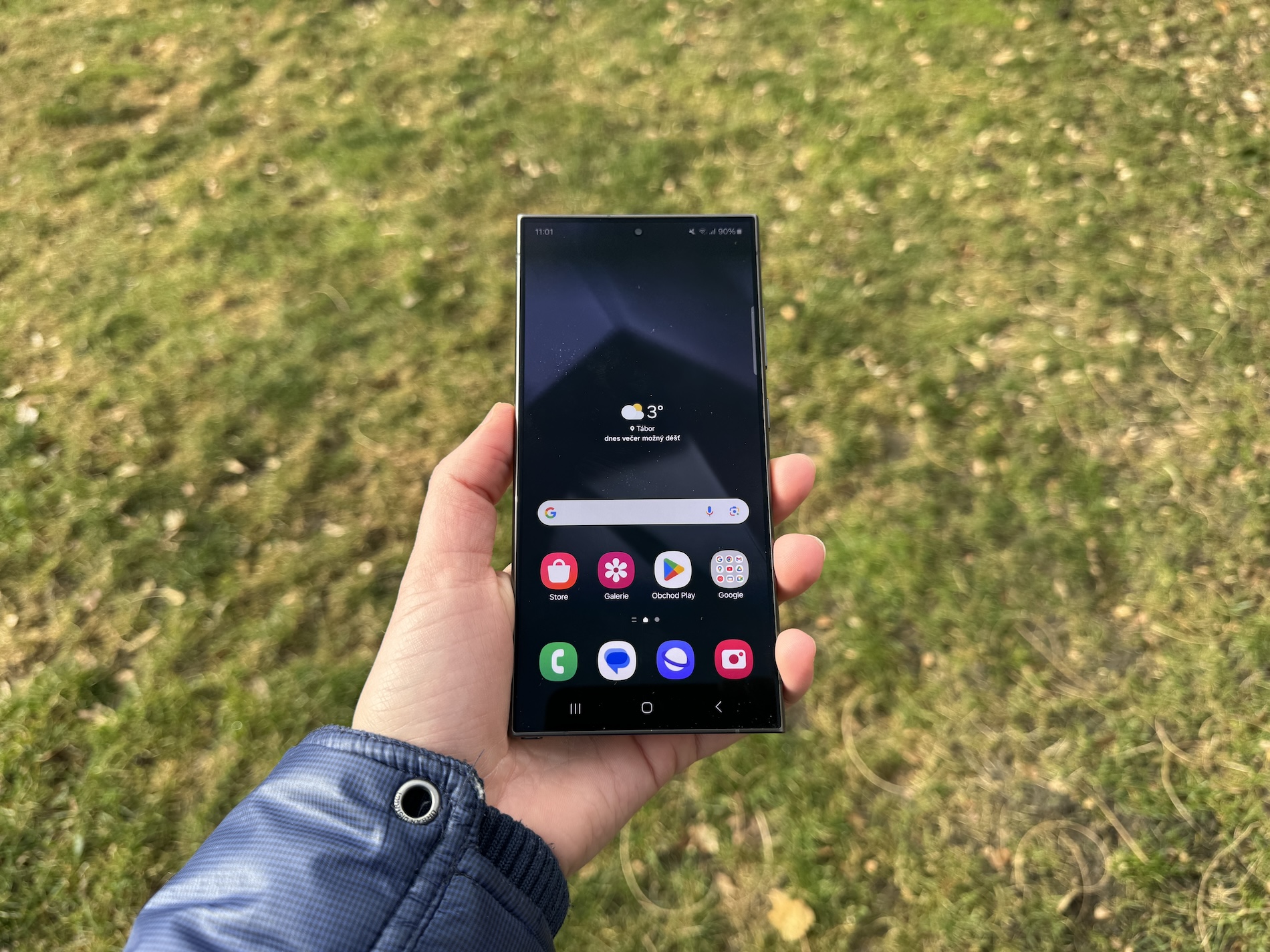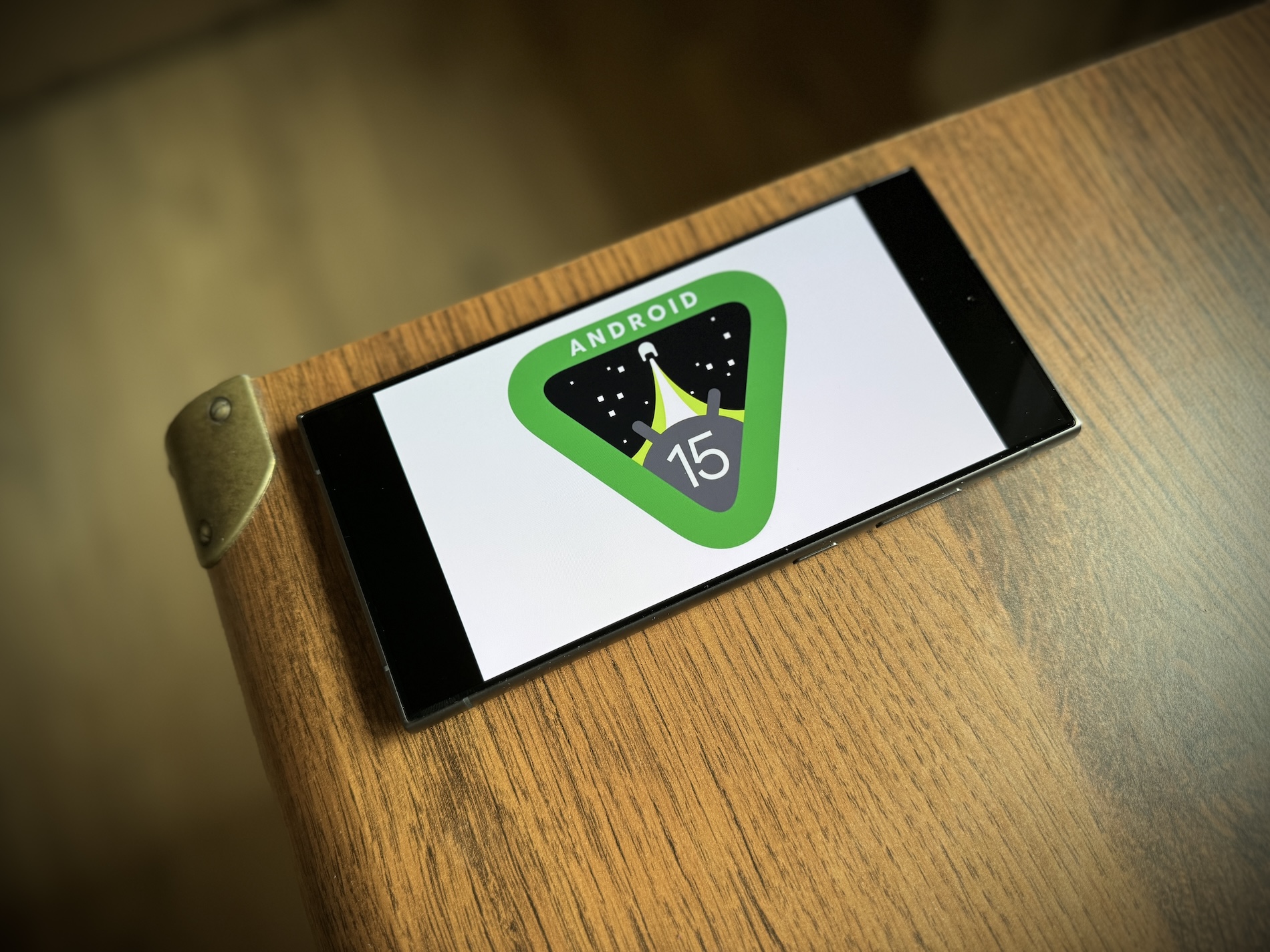Lottery and gifts
Although sweepstakes and other giveaways on Instagram are often genuine—because they're an ideal way to promote a brand—it's important to double-check that the account is genuine. Scammers sometimes create accounts that impersonate them, steal images, and then run a giveaway where winners are asked to pay money or share unnecessarily sensitive information, such as bank details.
The actual giveaway won't (usually) require much more than liking, following, tagging or commenting on content on Instagram, or subscribing to an external newsletter. Some contests may require creative content to be shared, but you will be notified in advance. The company will eventually have to reach out and contact you, but always be careful when clicking on external links – although they are sometimes necessary, if the URL looks suspicious, it could be a phishing attack.
Phishing
Phishing is using fake websites to trick you into sharing private information informace, such as bank or Instagram credentials. In addition to immediate consequences such as theft of funds or loss of control of Instagram, there is a risk of blackmail, impersonation or fraudsters using your metainformace to log in to other services.
You could be interested in
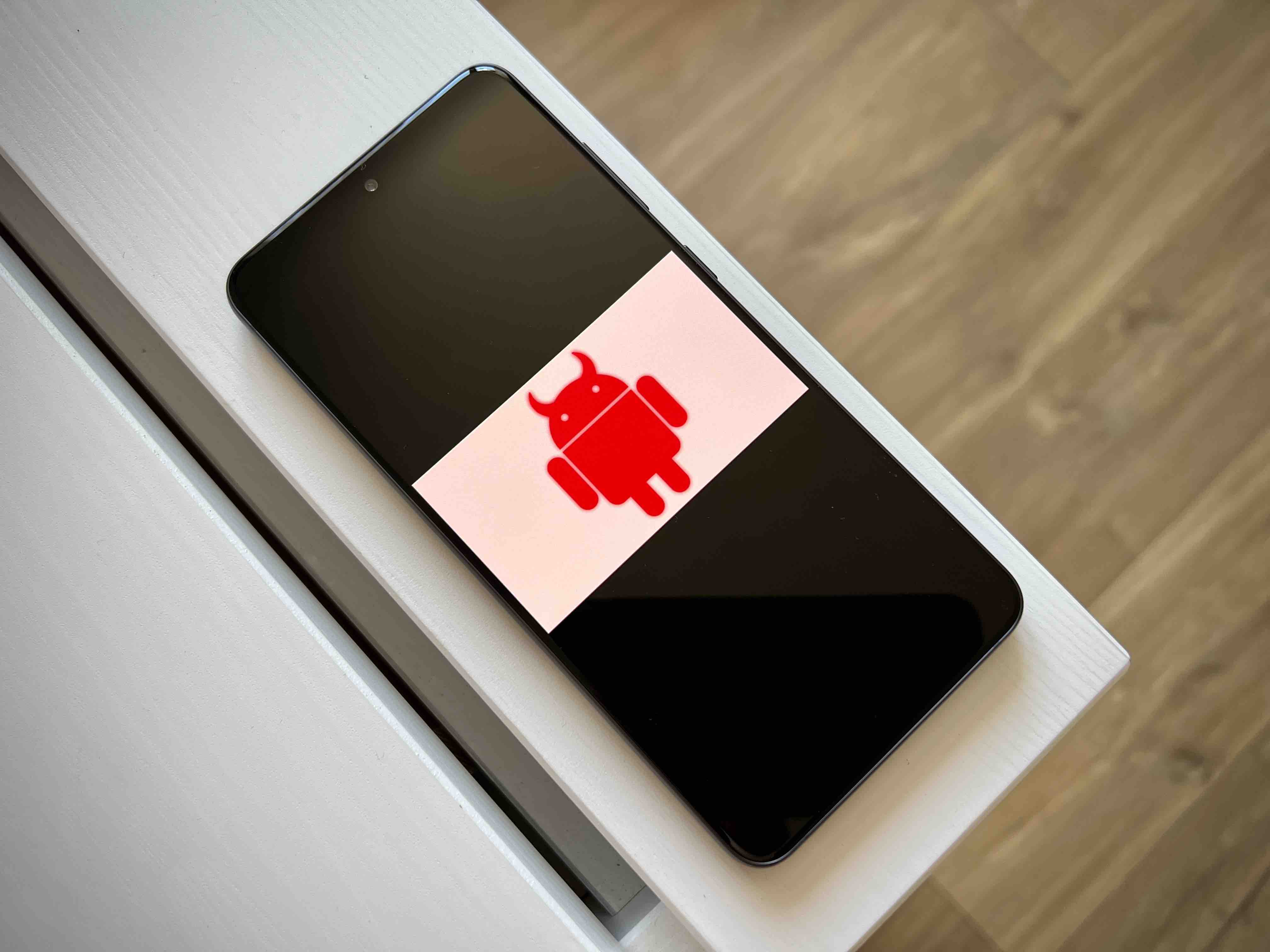
Meta/Instagram will never threaten to suspend your account unless you verify it, especially by clicking a link in an email, WhatsApp or SMS. Phishing URLs also look different from those belonging to real companies, so if the URL doesn't start with Instagram.com, it's probably a scam. If you end up on an external link, be on the lookout for spelling mistakes, awkward translations, and other signs that the website is illegitimate.
Fakes
Some scammers claim to sell luxury goods, often at a deep discount. You'll be able to send them money, but if you get anything at all from them, it'll be a lower-quality knockoff. In some cases, they may even impersonate the brand they are selling.
The best rule of thumb is that if an offer seems too good to be true, there's probably something fishy about it. A handbag from Hermès or Louis Vuitton will suddenly not be as affordable as something sold at a regular chain and Apple rarely offers a discount on new iPhones, let alone one that makes it affordable as a budget phone with Androidem.
You could be interested in
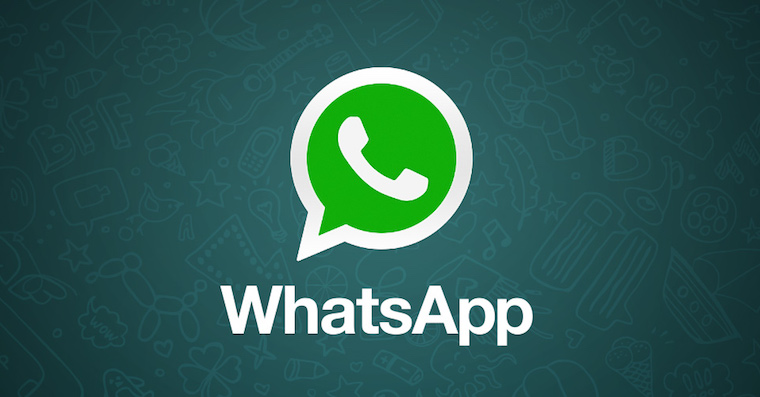
As with phishing, you can potentially identify counterfeiters through misspellings, poor translations, and unusual or misleading URLs. In addition, they can use poorly photographed product images here.
Fake influencers
This is a very broad category that may overlap with others. Sometimes you may be approached by users who claim to offer, for example, investment advice or wider exposure on Instagram. In the second category, it means someone who claims they can get you more likes or followers, whether they're real people or just shoes.
Fake influencers can often be identified quite easily by visiting their profiles. Their descriptions tend to be vaguely worded or aimed at getting you to open an external link, which they should ideally avoid. In turn, their photos often feature an attractive woman who, however, has nothing to do with what they are promoting. There's a pretty good chance they're stolen from another Instagram account or the model's online portfolio.
Cryptocurrency scams
Anyone who "guarantees" cryptocurrency profits is probably trying to make money off of you instead, especially if they expect you to pay for a secret guide or initial investment in cryptocurrency mining.
More aggressive scammers may claim that they can secure you profits in hours or days. However, keep in mind that even someone who promises a more realistic time frame may still be a scammer. Before investing in any cryptocurrency, find objective sources on the topic, invest yourself, and be prepared for the possibility of losing thousands of dollars if the market crashes. Very few real investments are always in the black.
Investment scams
Investment scams on Instagram are designed to make you think that you can get rich quick after an initial investment. It can be about the aforementioned cryptocurrencies, or about things like stocks or physical goods. Most likely, the scammer will disappear or cut off contact once they get your money. Even if he doesn't, you may not be able to get your investment back, similar to multilevel marketing (MLM).
The symptoms of this scam are similar to other scams, but there is a strong emphasis on promoting the scammer's "success" through their Instagram account. They will be shown living lavish lifestyles, such as driving expensive cars or going on exotic vacations, promoting the idea of "being your own boss."
Fake sponsorship
If you are an influencer yourself, you may be approached by someone promising you a sponsorship deal with dubious terms. These can be as obvious as asking for your bank details in order to deliver an initial 'bonus', but another possibility is that you'll be asked to meet someone far away and cover the associated travel costs until you're reimbursed. In general, any company that expects you to travel should be willing to pay for your hotel and airfare up front.
You could be interested in
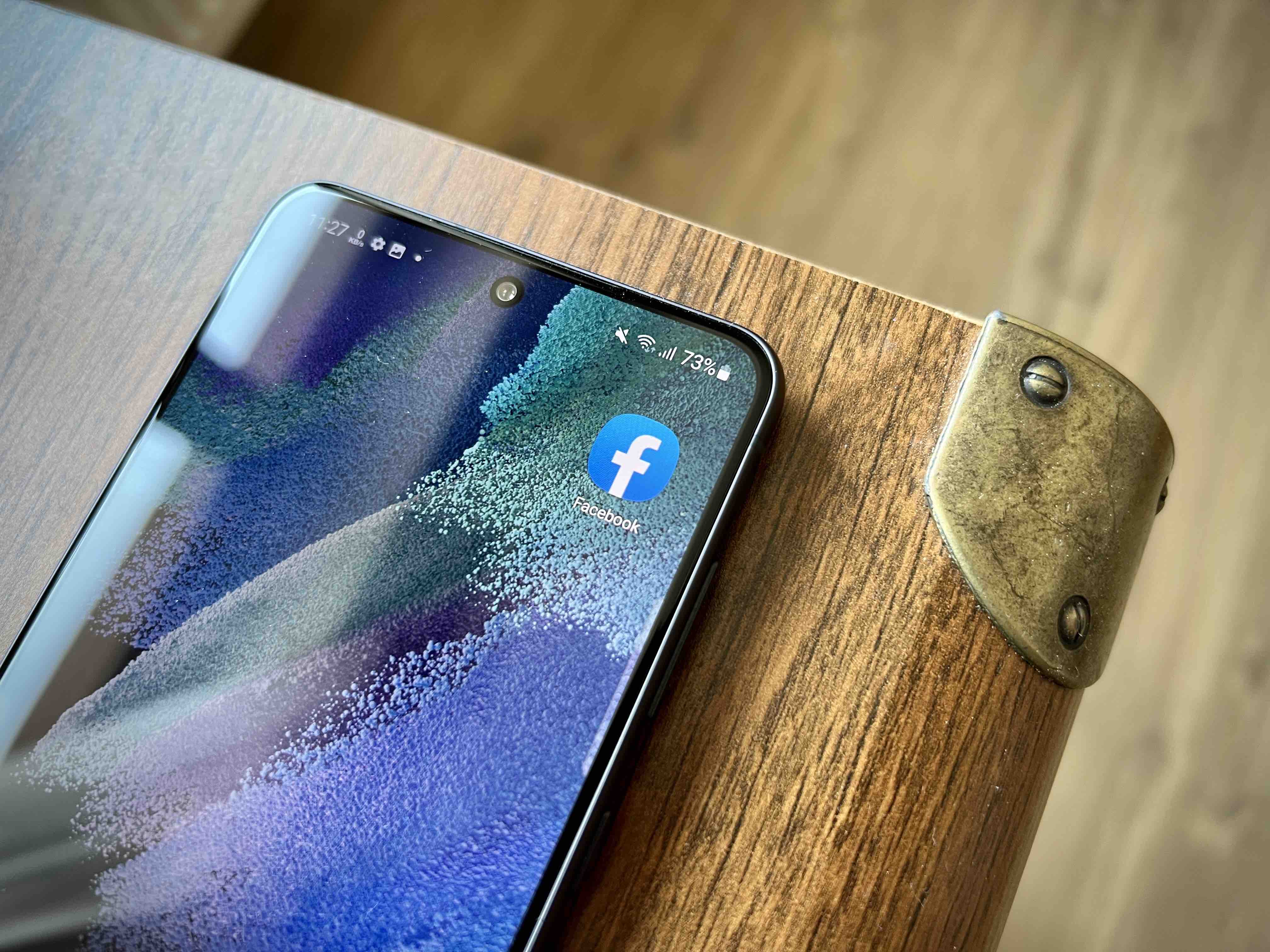
It may not seem like it at first glance, but it is potentially one of the most serious scams out there. If you allow yourself to be lured to a remote location, you could potentially be robbed, kidnapped, or worse. Before you commit to anything, do your homework on the company and its social media accounts and make sure they are honest and have a verifiable history.
Fake jobs
When you're unemployed, you can potentially be desperate for a new job to pay the bills. Real job vacancies can be shared through Instagram, but if someone asks you to share a private informace, such as your bank account or other sensitive information, without going through the admissions process including the interview and contract, is a scam. Job scams can usually be avoided by searching on career sites like LinkedIn first.
Romantic and erotic scams
Many Instagram users, at least men, have been approached by strangers promising paid or casual sex. If you fly in, you won't get what you want, and you can lose a lot. Even more insidious is the romantic long-term deception. Some scammers flirt and build the illusion of an authentic relationship and wait until the time is right to ask for money - usually extorting money from their victim under the pretense of a false unfortunate situation.
Long distance relationships can undoubtedly be a real deal. But Instagram isn't a dating app, and you should never be too quick to trust someone you've never met in person.
Fake promoters
Among other things, social networks are full of more or less talented musicians hoping to break through. If that's what you're on Instagram for, you may end up being targeted by scammers who claim they can get your music to a mass audience. This is a form of fake influencer scam, but the difference is that if you pay, the fake music promoter can lure you in - even giving you stats to show how well you're doing. The truth is, if the numbers aren't completely made up, you might just be getting visibility from bots. Bots don't listen to Spotify or pay for albums.
You can avoid this type of scam by rejecting unsolicited Instagram offers and being healthy skeptical of the terms. There are honest, established promoters waiting to work with you if you show enough talent or at least the right image.
